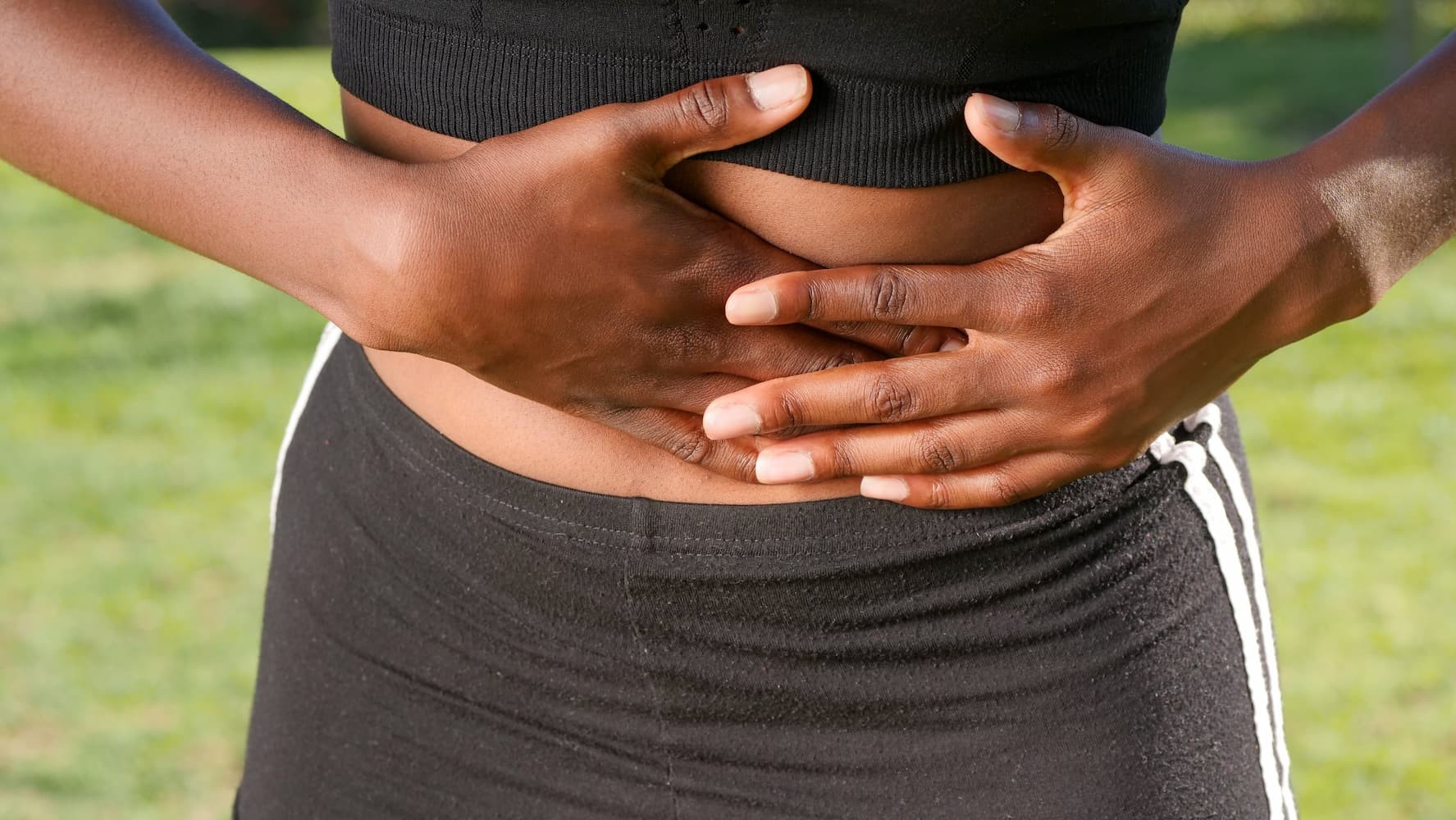
Extreme abdominal pain might be mistaken as gas, urinary tract infection, kidney stones, menstrual cramps (when you're a woman) or another common condition. It could also be a sign of something more serious that should be handled by a hospital's emergency department. Appendicitis is a medical emergency that can lead to a ruptured appendix if not treated. Here, you can learn more about the causes, symptoms and what to consider in the treatment of appendicitis.
What is Appendicitis?
Appendicitis is a condition in which the appendix, a finger-like pouch connected to the cecum of your intestine, becomes inflamed. This condition is most commonly seen in children and young adults. If you are showing signs of appendicitis, then you should call your doctor immediately because an inflamed appendix can lead to an untimely death.
What are the Symptoms of Appendicitis?
Appendicitis comes with a number of different symptoms that can help doctors diagnose what is wrong with you when they do their physical exam during your appointment. However, everyone experiences appendicitis differently, which is why it takes a professional to give a proper diagnosis. The common symptoms of appendicitis include:
- Abdominal tenderness, particularly below the belly button
- Loss of appetite
- Fever
- Chills
- Nausea
- Vomiting
- Irregular bowel movements like constipation or diarrhoea
Patients with appendicitis do not exhibit all of these symptoms. Some might have what's called "referred pain", where the pain starts at one location and then quickly moves to another location as the infection worsens. Others might vomit or feel nauseous because of what they ate the night before their appointment. Your doctor might also notice swelling in your right lower belly when doing their physical exam, which is also a symptom of appendicitis.
What are the Causes of Appendicitis?
An inflamed appendix can be caused by several factors. However, most cases are caused by what's called fecalith obstruction, which is a blockage in the intestines due to hard stool becoming stuck. Other causes of appendicitis symptoms include:
Pregnancy
Appendicitis has been seen in pregnant women who have an infected cyst on their ovary, but this is very rare.
Previous abdominal surgery
A surgical procedure performed on the abdomen, even minimally invasive surgery like laparoscopic surgery, can sometimes cause scar tissues to form around the appendix.
Viral infections
Sometimes appendicitis is caused by a virus or infection that spreads from other areas of the body to your appendix, which becomes inflamed because your immune system thinks it's under attack.
Diagnosis for Appendicitis
In the diagnosis of appendicitis, your doctor will get your medical history and perform a physical exam to check for any signs that you have been having symptoms consistent with what you would expect from appendicitis.
A rebound test may be performed, wherein the doctor will lift up your right leg and have you bear weight on it while keeping pressure on the area where pain would be expected. If pus or content from within is there, then you will feel a severe pain that is indicative of what you would expect from having an inflamed appendix.
Additionally, your doctor may order some laboratory tests, such as abdominal ultrasound via magnetic resonance imaging (MRI), X-ray, CT scan and other imaging tests. The results of blood tests cannot provide a definitive diagnosis of appendicitis, but they can tell doctors whether the appendicitis pain is linked to other medical conditions. Other diagnostic tests for appendicitis include:
- White blood cell count to check for signs of infection
- Pelvic exam to check for the presence of a pelvic inflammatory disease
- Pregnancy test for the possibility of an ectopic pregnancy
Treatment for Appendicitis
If you are diagnosed with appendicitis, the standard treatment includes antibiotic treatment or the removal of the appendix once it has ruptured. If surgery is done early enough in the infection, then there is usually nothing left behind after the procedure other than an abdominal scar. However, if surgery isn't done up until after your appendix ruptures, then there might be some scar tissue left behind.
Intravenous antibiotics may also be prescribed after surgery to treat abdominal infection of the membrane that protects the abdominal cavity.
Keyhole surgery is what usually happens for most individuals when the symptoms do not go away or continue to get worse. It involves making small abdominal incisions where the surgeon will remove what they believe is what's causing your appendicitis symptoms.
If your appendix ruptures and you do not get treatment, then you'll most likely require an appendectomy where the surgeon will cut out what is left of your appendix.
Prevention Tips for Appendicitis
Some ways that you can prevent having to go through with any treatments or surgery is to monitor what you put into your body and what you eat. Improving your diet, what you do for exercise, your lifestyle choices can help slow down what could potentially turn into an inflamed organ. Here are helpful tips to prevent getting appendicitis:
- Eat a well-balanced diet and stay hydrated by drinking plenty of water so that everything will pass through your bowels easily. This way, there won't be any hard stool that will end up constricting or blocking the opening of the appendix.
- Eat high fibre foods such as fresh vegetables and fruits. Fibrous foods like these make digestion faster and easier, which can prevent constipation.
- Exercise on a regular basis so that what you eat is digested faster by your body. Moving around more will make what you eat pass through your bowels easier too.
Untreated appendicitis can cause the appendix to burst and lead to complications such as peritonitis and tumours. If you suspect that you may have an infected appendix, seek the help of a health professional immediately.









